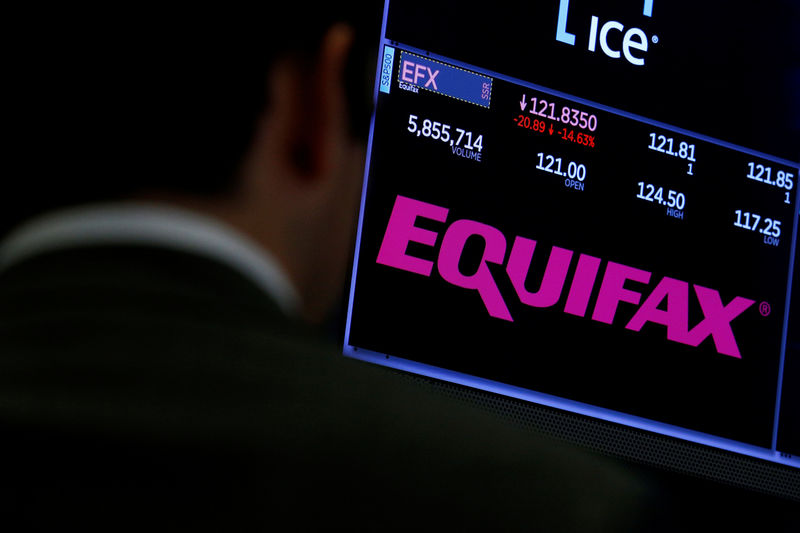Asahi shares mark weekly slide after cyberattack halts production
Investing.com -- Shares of major U.S. credit-reporting companies fell late Wednesday after Fair Isaac unveiled a new program that allows mortgage lenders to access FICO scores directly, sidestepping the three nationwide credit bureaus.
TransUnion slumped 10% in premarket trading Thursday, Equifax tumbled 11%, and Experian lost over 5% in London.
Fair Isaac, meanwhile, gained around 5% in the premarket trade.
The move comes as competition with VantageScore (VS), the model backed by all three credit bureaus, intensified after the Federal Housing Finance Agency’s (FHFA) cleared its 4.0 version for use by Fannie Mae and Freddie Mac alongside the Classic FICO score.
“Today marks a turning point in how credit scores are delivered and priced across the mortgage industry,” said Will Lansing, CEO of FICO.
“This change eliminates unnecessary mark-ups on the FICO Score and puts pricing model choice in the hands of those who use FICO Scores to drive mortgage decisions.”
Under the program, FICO will charge $4.95 per score and add a $33 per borrower fee when a loan closes, replacing prior reissue charges. Alternatively, lenders can keep the traditional $10 per-score model through resellers.
While FICO scores remain available through the bureaus, the company emphasized it does not control mark-ups added by them. FICO claims its scores are used by 90% of the top U.S. lenders.
Barclays analysts called the move a “clear positive” for Fair Isaac, as it effectively doubles mortgage-related revenue per score from about $4.95 to $10, while reducing the role of credit bureaus.
They raised the earnings per share (EPS) estimates by 20–25% across all out-years and lifted its price target on FICO to $2,400 from $2,000.
Barclays noted the program is structured so lenders’ costs will be roughly breakeven compared to today, but said the credit bureaus face clear downside risk, given they collectively generate more than $200 million annually from reselling FICO scores at margins above 40%.
“How they react to this move by FICO will be interesting – i.e., will they charge a lot more for the data (arguably more valuable) to the resellers to help offset the pressure?” analysts asked.
“And how will they try to push VS in order to capture more economics in mortgage in Lenders Choice?”
Barclays also pointed to potential regulatory scrutiny, as the new structure could lead to more transparent pass-through of costs to borrowers.
But overall, the analysts see the FICO’s approach as “a seemingly smart way” to shift economics away from the credit bureaus while minimizing disruption for lenders.
